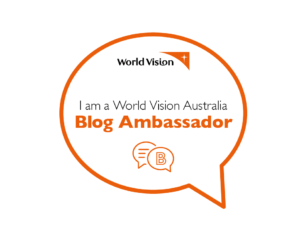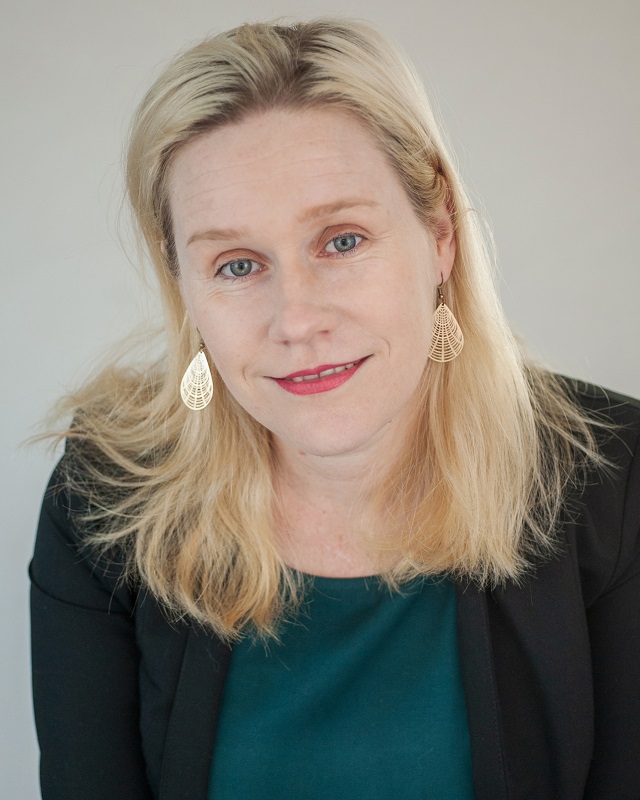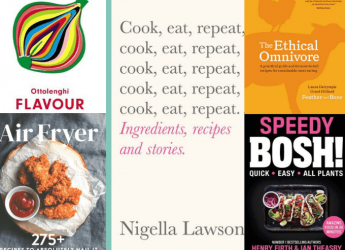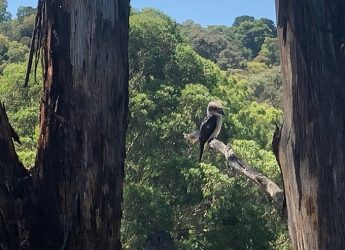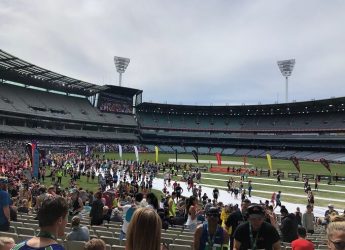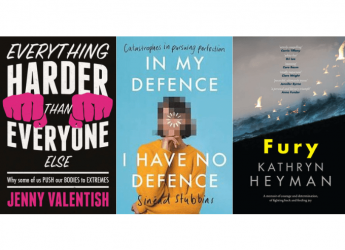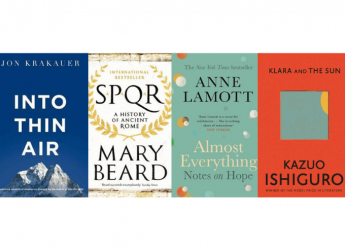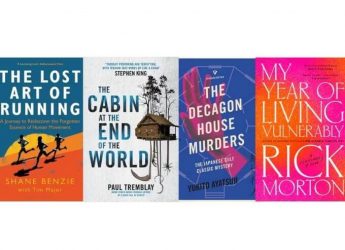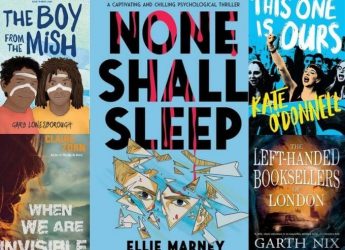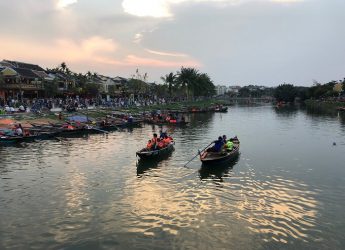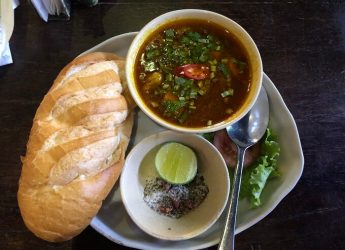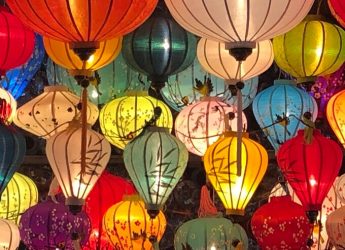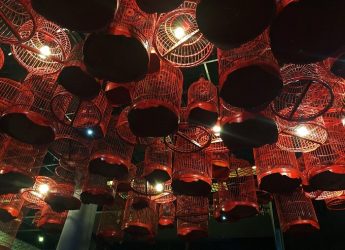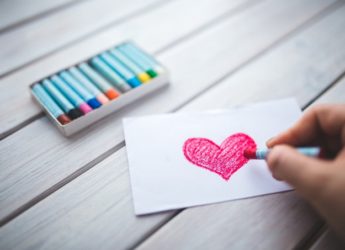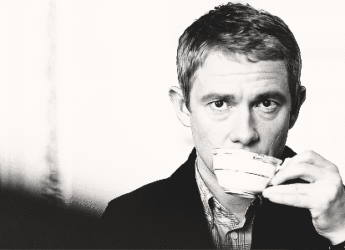
We Have Always Lived in the Castle by Shirley Jackson is a short novel that has stuck with me since I finished it. Here is the delightful opening paragraph.
“My name is Mary Katherine Blackwood. I am eighteen years old, and I live with my sister Constance. I have often thought that with any luck at all I could have been born a werewolf, because the two middle fingers on both my hands are the same length, but I have had to be content with what I had. I dislike washing myself, and dogs, and noise. I like my sister Constance, and Richard Plantagenet, and Amanita phalloides, the death-cup mushroom. Everyone else in my family is dead.”
If nothing else it’s an excellent mini writing class, demonstrating an entertaining introduction to the protagonist in her voice, and that macabre hook at the end cements the reader’s interest. It soon becomes clear that we have a troubled, unreliable narrator, and her unpredictability kept me riveted. But what’s kept me thinking about it is its contemporary relevance. Seen upon first publication as an examination of the dark side of an ever-encroaching American suburbia, now, in an age of social media and ‘brand’, those imperfect characters could be seen to be entrapped by their infamy (whether guilty of murder or not). They are public property – literally. Do read it if you haven’t already and let me know if you think my theory holds water!
Books come into our lives at the correct time. After some resistance on my part – the reasons for which escape me and hardly seem important now anyway – I’m currently midway through First, We Make the Beast Beautiful by Sarah Wilson. I value its depth of detail and her honesty in describing her experiences with anxiety. I sometimes find reading similar accounts quite triggering and finish feeling worse than when I began, but I haven’t so far in this case. A few tips will stick and I am recommitted to trying harder to meditate. I know some people swear by apps like Headspace, but I prefer silence.
The last title is The White Book by Han Kang. I’ve only just begun, so can’t comment in full – but my initial thoughts are that I’m having trouble formulating thoughts about it! This happened when I read The Vegetarian as well. I think it’s because I keep getting confused as to what it’s supposed to be – fiction? Non-fiction? Essays or poetry? The Guardian describes it as a “fragmented autobiographical meditation” and I think that’s helpful. I should also bear in mind that I like and respect experimental writing that defies easy classification. Perhaps it’s my frame of mind at the moment (as I am also reading a book about anxiety, that’ll give you a clue). I’ll push on!
What are you reading this month?



